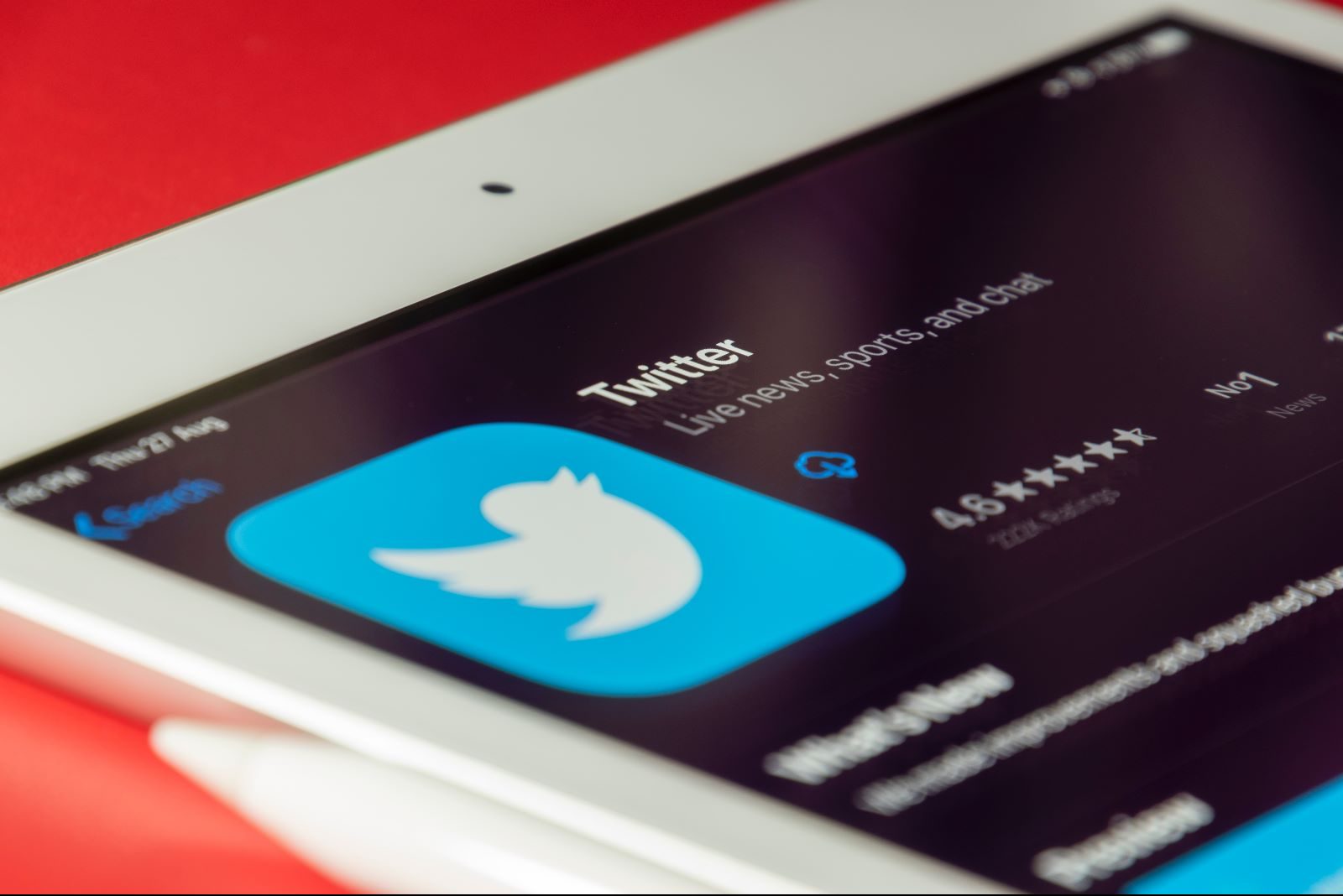“The bird is freed” announced Elon Musk to the wide readership of his 112M Twitter followers on the morning of the 28th of October 2022, signifying the closure of his $44B deal to take over the platform. Elon Musk – the self-made, exceptionally brilliant billionaire whose Tesla cars and SpaceX programmes aim to design a new world – suddenly became an insistent protector of free speech. His popularity on Twitter itself is supported largely by his self-characterisation as a “free speech absolutist”, and the meme-filled, comedic approach of his online presence has garnered him an easily influenced younger audience.
Musk’s takeover of Twitter started with accusations made publicly surrounding misinformation about Twitter user numbers, thereby protecting bots and spams and deliberately enhancing its monetary value. Musk’s “we will defeat the spam bots or die trying” mantra reflects a martyr-like goal in Twitter’s purchase. However, the Twitter takeover has a much more sinister undertone than just a clean-up operation for its userbase. An astute businessman, Elon Musk is acutely aware of the power and outreach of a social media platform like Twitter in swiftly moving products off IT shelves. Musk remains a controversial figure, being the world’s richest man with ~$220B to his name. SpaceX and Tesla are the best descriptors of the business acumen and personal entrepreneurship skills of Elon Musk, but his outspoken contribution towards political debates casts a shadow on the honourability of his intentions towards protection of free speech.
Founder of ‘Enders Analysis’ Claire Enders remarked that the super-rich have long resorted to print media as a tool to promote their own agendas. To Claire, it is now possible to “count on one hand the big media brands that aren’t owned by an oligarch or other billionaire”. And she’s right – billionaires buying media houses as a part of their portfolios is far from an uncommon occurrence. Jeff Bezos, founder of Amazon & second-richest person in the world after Musk, purchased the Washington Post for $250M in 2013. Zuckerberg, co-founder of Facebook, now owns Instagram and WhatsApp and has rechristened them under the ‘Meta’ umbrella. The desire to capture the public space – to align sides in political debates, to further divide and pursue a covert political agenda of war, climate change, or free trade – is the method behind the big media ownership madness.
Comparison of the Musk takeover to Rupert Murdoch’s infamous acquisition spree seems only fair. Murdoch has often been referred to as ‘the last standing baron of media’ – although Murdoch no longer owns the bulk of 21st Century Fox entertainment, which he sold to Walt Disney in an eye-watering $66B deal, Murdoch remains in control of The Wall Street Journal, Fox News, New York Post, HarperCollins publishing, The Sun, The Times, and many more. If you walk into any American home at a given time, there is a 1/5 chance that the household will be tuned into a show that News Corp (the Murdoch monopoly which owns all these media subsections) either produced or delivered. Murdoch has a dark reputation as the overseer of a media empire. As initially an avid supporter of the Iraq war during the 2003 Labour government, then shifting to a harsh critic of Blair and the “Weapon of Mass Deception”, Murdoch has acted as something of a political puppet-master, dancing with public opinion and outrage attached to strings at his fingertips.
How comparable are Musk’s Twitter takeover with the media empires of old? We are in an age where the consumption of print media is collapsing, as many turn to their twitter feeds for their morning news briefings. Musk’s enjoyment in stirring up conversation and opinion, especially on the decline in free speech under Twitter’s regulations, is like looking at the so-called Murdoch empire through a distorted fairground mirror. Twitter has emerged as more than just a micro-blogging, social networking service – in its present form it is a superhighway of information, news, and public opinion. The excessive wealth of billionaires such as Musk means $44B is loose change to trade for something so influential; his inconsistency in engagement creates doubt around Musk having control of content moderation. For free speech to thrive online, a common space for divergent thought should be allowed to prosper. Figures such as Murdoch and Musk should not be allowed to not only control what can and cannot be said but influence the very formation of opinions on politics in the first place. Lessons learned from Murdoch – after all, “It’s The Sun Wot Won It” was the headline of the 1992 election that credited The Sun for the unexpected Conservative victory against Labour leader Neil Kinnock – should be applied to modern day situations. As the saying goes, ‘one man’s terrorist is another man’s freedom fighter’; Musk’s intention to protect free speech will be celebration for some and commiseration for others. The Murdoch empire is still a strong influence on the perspectives of media; but with print media in rapid decline, Musk’s ownership of Twitter seems to fill these ever-available shoes.






0 Comments